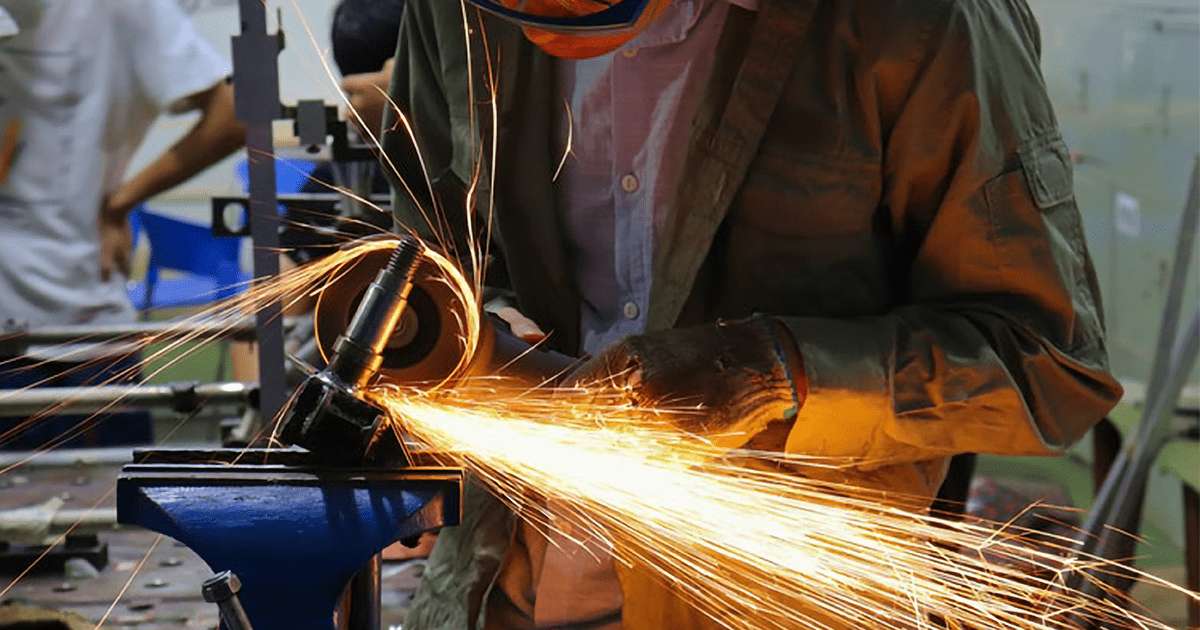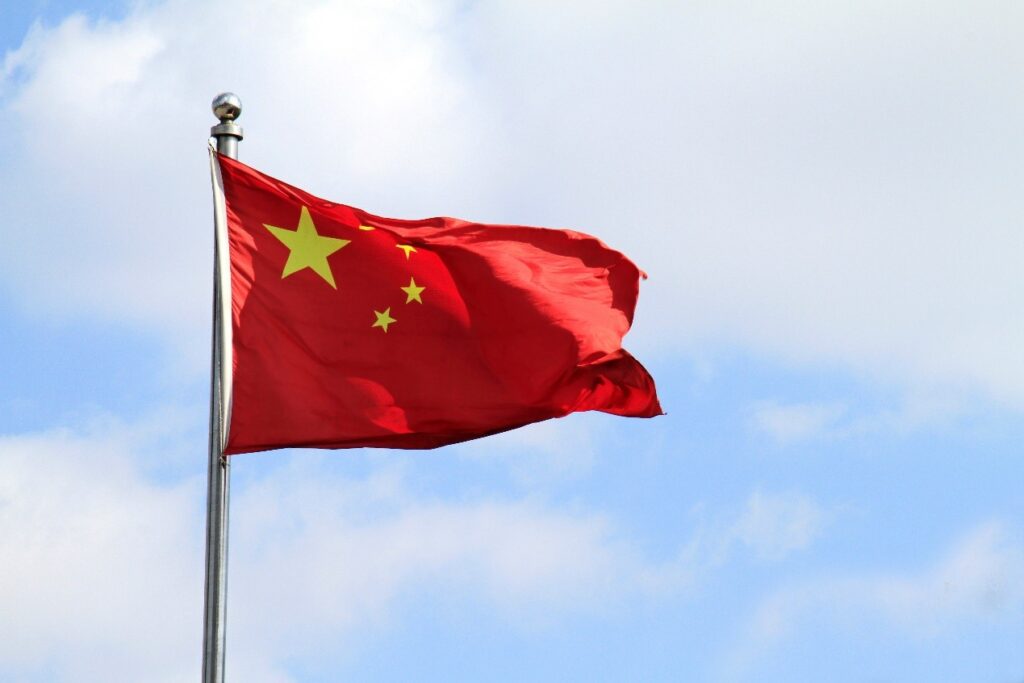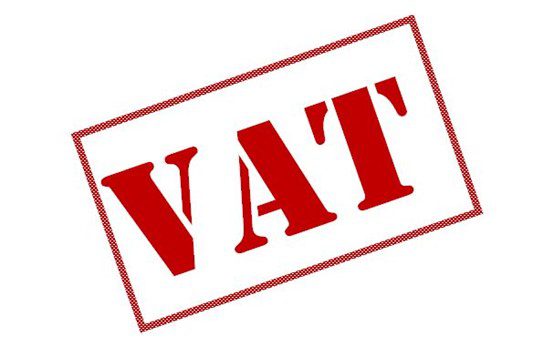Sectors involved in China’s advanced manufacturing industries constantly adapt to consumers’ modern demands. As such, China’s advanced manufacturing industries continue to expand further with more room for investments. However, the COVID-19 pandemic has also affected these industries among others. Nevertheless, China continues to improve recovery and implement preferential policies, especially among sectors involved in innovation.
Have a look at our previous article about China’s Innovation Boost for SMEs and Manufacturing R&D
It may be useful for future and current investors exploring businesses in the advanced manufacturing industries to know the sectors belonging to this industry and updated tax policies, respectively. Read on to find out more!
What are advanced manufacturing industries?
Advanced manufacturing industries are composed of different manufacturing sectors that use competitive, innovative, and modern systems and/or technologies. These industries in China include high-tech manufacturing, equipment manufacturing, new-energy vehicles, trucks, industrial robots, and machinery for excavation work, shoveling, and transportation, microcomputer equipment, etc. Compared to traditional manufacturing, advanced manufacturing does not anymore make use of production lines that are not versatile. Rather, flexibility, adaptability, and efficiency are notable characteristics that set it apart from the traditional.
According to the definition of China’s Classification of National Economic Industries, and concerning the new policy on refund of the incremental uncredited VAT, advanced manufacturing companies are those involved in the production and sale of the items (with sales accounting for more than 50 percent of total revenues/sales) below.
Nine advanced manufacturing sectors that can avail of tax credits
- Non-metallic mineral products
- General equipment
- Special equipment
- Computers, communications, and other electronic equipment
- Medicine or Pharmaceuticals
- Chemical fibers
- Railways, ships (shipping), aerospace, and other transportation equipment
- Electrical machinery and equipment
- Instrumentation
Before April of 2021, only the (1) producers and sellers of non-metallic mineral products, (2) general equipment, (3) special equipment, and (4) computer, communication, and other electric devices can enjoy full VAT credit refund. Now, the new policy has incorporated five other types of products into its list.
China’s advanced manufacturing industries
From focusing on agriculture, China has transitioned into an industrial dynamo with some of its major cities focused intently on providing modern technologies to China and the rest of the world. Advanced (high-end) manufacturing industries have been achieved through the country’s top-down policy implementation and thus far helped catalyze China’s economy’s rise.
In recent years, further innovation towards qualitative advancement is being practiced since the industrial sector has reached maturity. Aside from 5G technology, AI-augmented manufacturing is on the rise, with robotics at its head. Robots have improved on proficiency in that they can now be utilized in increasingly complicated and delicate works.
Intelligent manufacturing and solutions
Intelligent manufacturing and solutions in China are aided by companies that combine flexibility, adaptability, and efficiency with advanced manufacturing industries. Industries such as the following may find themselves in need of intelligent solutions to their traditional manufacturing lines to slowly transition into advancement:
- Aeronautics
- Energy
- Metallurgy
- Medical
- Agriculture
- Defense
- Electronics
- Railway
- Public works
- Mechanics
- Motorcycles
Companies willing to make the change may integrate them to current manufacturing lines, or have them made into portable models that are more labor-intensive or incorporate such solutions to current workstations. However, there are different other ways to fit into the advanced manufacturing industry. Making use of robotics, software-defined devices, 5G, and industrial internet, etc. are options that business owners and investors might consider.
Tax updates on advanced manufacturing industries
Since April 1, 2021, taxpayers qualified under advanced manufacturing sectors may apply to the competent tax authorities for the refund of incremental uncredited VAT from May 2021 and the subsequent reporting periods. This applies if such sectors meet the following criteria:
- The incremental tax credit is greater than zero.
- The tax credit rating is A or B.
- The taxpayer has no fraud of tax refund, export tax refund, or false special VAT invoice record 36 months before the application for the tax refund.
- The taxpayer has no repeated record of tax evasion within 36 months before applying for a tax refund.
- Since April 1, 2019, the company has not enjoyed the policy of immediate levy and refund.
Those companies that qualify and that have at least 50 percent of total sales falling under the “advanced manufacturing taxpayer” may apply for the refund. To determine if the sales reach 50 percent, the proportion will be calculated based on 12 consecutive months before the taxpayer applies for a tax refund. However, if the business has been operating for less than a year but more than 3 months before the application for the tax refund, the proportion shall be determined according to the total actual sales figure (less than 12 months) of the business.
Advanced manufacturing taxpayers may enjoy incremental retention tax credit based on the following formula:
Incremental retention tax credits allowed for a refund
=incremental retention tax credits x the proportion (sales) of the entity
The “proportion of the entity” is the proportion of the special VAT invoice or fapiao, including the unified invoice for the sale of tax-controlled motor vehicles, the special payment letter for customs import value-added tax, and the VAT payment document indicated in the tax payment certificate or voucher for the period from April 2019 to the period prior to the application for a tax refund.
Conclusion
Improving the tax policies of the advanced manufacturing industries is geared towards the further promotion of its high-quality development. It is a very lucrative group of industries that somehow improve upon the quality of life of the people, which makes it a good investment opportunity as well.
Although the improvement in traditional manufacturing technologies (and industries) are becoming more and more reliant upon machinery and less on actual workers, certain skill sets are also becoming more valuable now. Since China has shifted into industrialization, the sectors that the country wishes to highlight are seeing the spotlight; not just in China but in the world. Opportunities for expansion, investment, and globalization are sprouting to meet these growing demands for advanced manufacturing industries.
Contact us
S.J. Grand provides advisory on setting up a business in China. We put our competent team at your service to give you the most effective China market entry, due diligence, and tax optimization strategy for foreign-invested enterprises. Contact us to get you started.
Moreover, we have been at the forefront of promoting full automation of business operations, especially for startups and SMEs. We have introduced our Cloud-based advanced solution, Kwikdroid, to make business transactions easier with us, no matter what type or size of the company. Visit our Kwikdroid page to learn more about the services we offer.
You may be interested to read about how to manage your company remotely using the advantages of Kwikdroid. Check it out!







